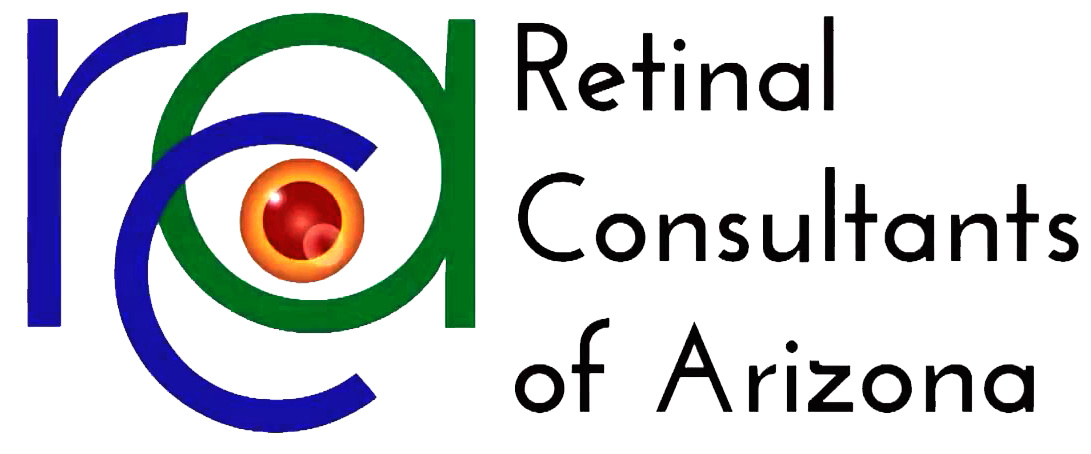Graybug Vision Presents Top Line Results Of Phase 1/2a ADAGIO Study At Hawaiian Eye & Retina 2019
ADAGIO Study Provides Evidence that GB-102 Can Achieve Sustained-Drug Delivery in the Treatment of Wet Age-Related Macular Degeneration (AMD)
- Graybug Vision’s novel investigational depot approach is designed to continuously inhibit activity of all VEGF receptors for the treatment of wet AMD
- GB-102 was well-tolerated with no dose limiting toxicities, drug-related serious adverse events or inflammation
- 88% and 68% percent of evaluable patients were maintained only on a single dose of GB-102 at 3- and 6-months, respectively.
- Patients with wet-AMD require intravitreal injections every 6 to 8 weeks, on average, with the current standard-of-care
- Graybug Vision’s Phase 2b study of GB-102, is expected to begin enrollment in 2019
REDWOOD CITY, Calif.–(BUSINESS WIRE)–Graybug Vision, Inc., a clinical-stage pharmaceutical company developing potentially transformative therapies for ocular diseases, today announced positive top line results for the ADAGIO study, a Phase 1/2a study of intravitreal GB-102 (sunitinib malate) in patients with wet age-related macular degeneration (AMD), the leading cause of blindness in the developed world for people age 50 and older. These data were presented by David S. Boyer, M.D., of Retina Vitreous Associates, Beverly Hills, CA, during a presentation of “New Developments in Drug Therapy for Retinal Disorders” at the 2019 Hawaiian Eye & Retina annual meeting in Kona, Hawaii.
The ADAGIO study met the primary endpoints of safety and tolerability without dose-limiting toxicities, drug-related serious adverse events, or inflammation. Secondary outcomes demonstrated evidence of stability and maintenance of visual acuity and central retinal thickness that was durable over at least 6-months as measured by eye chart readings and optical coherence tomography. OCT measurements showed statistically significant (P<0.05) maintenance of reduction in the central subfield thickness at all monthly visits compared to historical pre-GB-102 measures. Rescue treatment was available for those patients who met the criteria.
“We are very encouraged with results obtained from our clinical study of GB-102,” said Jerry Cagle, Ph.D., acting CEO of Graybug Vision. “In our ADAGIO study, GB-102 demonstrated safety and efficacy, with a duration of effect reaching 6 – 8 months from a single intravitreal injection. Our product candidate has the potential to be a best-in-class pan-anti-VEGF inhibitor for the treatment of this vision-threatening retinal disease which affects approximately 1.75 million people in the United States alone.”
“These study results are highly encouraging. GB-102 holds promise as longer duration, non-surgical option to help reduce the need for repeated interventions, thus making wet AMD more manageable in clinical practice,” said Dr. Boyer.
Additional data analyses of the ADAGIO Phase 1/2a clinical study are ongoing and will be presented at these future medical meetings:
Planning for the GB-102 Phase 2b clinical study is underway and enrollment is expected to begin in 2019.
About GB-102
GB-102 is a depot formulation of sunitinib malate intended for intravitreal (IVT) injection. The formulation consists of microparticles made from poly-lactic-co-glycolic acid (PLGA) and methoxy-polyethylene glycol (mPEG)-PLGA. The mPEG component is a proprietary hydrophilic, biocompatible surface treatment designed to eliminate inflammation typically associated with ocular administration of PLGA. The surface treatment also facilitates microparticle aggregation upon IVT injection to form an implant-like depot in the inferior vitreous. After IVT injection, the microparticles gradually release sunitinib malate and biodegrade into lactic and glycolic acid, which are naturally cleared from the body.
Sunitinib malate is a small molecule receptor tyrosine kinase inhibitor that is a potent inhibitor of VEGFR-1, -2, and -3, receptors known to play an influential role in the development and progression of wet AMD.
About the ADAGIO Phase 1/2a Clinical Study
The ADAGIO clinical trial was an open-label, single dose study that enrolled 32 patients from 8 centers located in the United States. Patients enrolled in the study were previously treated with at least three prior intravitreal injections of any anti-VEGF agent current standard of care treatment (aflibercept, bevacizumab, or ranibizumab), and had to demonstrate a response to anti-VEGF treatment. Additionally, patients had to show evidence of active disease prior to enrollment as assessed by evidence of fluid on OCT and/or leakage on fluorescein angiography and these findings were confirmed by a masked third-party reading center.
Patients enrolled in the study received a single intravitreal dose of GB-102 (0.25, 0.5, 1, or 2 mg) in escalating dose cohorts with eight patients in each cohort. Patients averaged 59.3 days from their last anti-VEGF treatment to their first and only GB-102 treatment. Patients were followed monthly for 8 consecutive months. At each monthly visit, adverse events, best-corrected visual acuity (Early Treatment of Diabetic Retinopathy [ETDRS] procedure), slit-lamp biomicroscopy, fundoscopy, and OCT data were collected.
About Wet Age-related Macular Degeneration (wet AMD)
Wet (neovascular) age-related macular degeneration, is the leading cause of blindness in the developed world in individuals aged 50 years or older. It is caused by the formation of abnormal and leaky new blood vessels behind the retina, termed choroidal neovascularization. The leakage of fluid and protein from the vessels causes retinal degeneration and leads to severe and rapid loss of vision. According to the National Eye Institute, the prevalence of wet AMD among adults 40 years or older in the U.S. alone is estimated at 1.75 million people. In addition, more than 200,000 new cases are diagnosed in the U.S. annually.
About Graybug Vision
Graybug Vision is a clinical stage pharmaceutical company developing novel products for the treatment of ocular diseases. The company’s proprietary injectable products are designed to enable less frequent administration to reduce the burden of treatment for patients and their physicians. The company’s lead clinical-stage injectable product, GB-102, has the potential to be a best-in-class pan-anti-VEGF inhibitor for the treatment of wet AMD. Graybug Vision has also selected a lead compound to treat primary open angle glaucoma (POAG) with the potential to provide a best-in-class treatment lasting at least 4 months after a single injection. For more information, please visit www.graybug.com.

